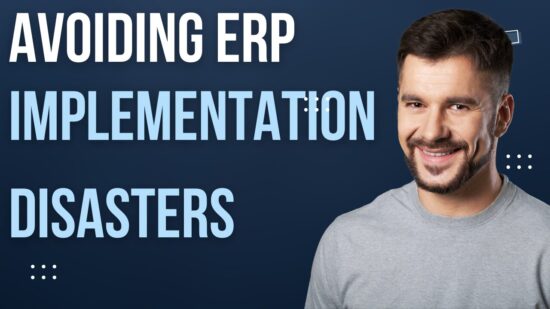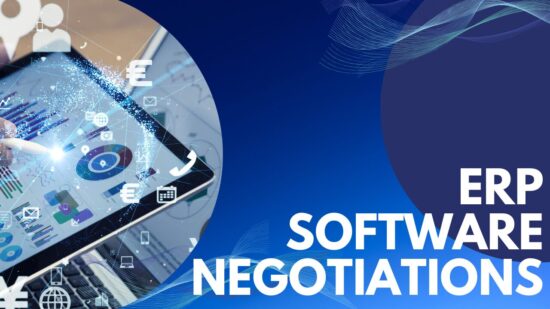ERP Selection Criteria Checklist: Key Factors for Choosing the Right System
Comprehensive ERP Software Selection
Selecting the right Enterprise Resource Planning (ERP) software is crucial for the long-term success of a business. It encompasses a crucial set of decisions that address immediate operational needs and future growth potentials. As ERP administration and consultation leaders, our experience confirms the importance of a structured approach to choosing an ERP system that aligns with an organization’s unique requirements.
Key Considerations in ERP Software Selection
When evaluating ERP systems, we prioritize essential criteria to ensure the software will meet our client’s operational needs and support their strategic goals.
- System Capabilities and User Experience: An ERP solution must serve the core business requirements and be intuitive for users, considering their technological proficiency and the level of complexity they can manage.
- Requirement Assessment: We meticulously analyze our client’s specific challenges and the system capabilities that can address those.
- Process Automation Potential: We examine which routine business practices could benefit from automation.
- User Proficiency Evaluation: Assessing the technological proficiency of users informs us of the level of complexity suitable for their day-to-day operations.
- Integration Needs Inventory: We enquire about the necessity for existing systems to be centralized within the new ERP solution.
- Supplier Stability: A vendor’s long-term viability and credibility are as crucial as the software’s functionality.
- Company Analysis: We study the vendor’s history and plans to ensure stability and consistency.
- Product Longevity: We investigate the product’s market presence and the vendor’s commitment to development and support.
- Growth Projections Alignment: The software’s scalability is assessed in light of our client’s projected growth and anticipated future requirements.
- Technological Infrastructure: We look for ERP systems that incorporate advanced features and can align with the business’s technology strategy.
- Customization Applicability: It’s essential to determine if an ERP system can be tailored to the unique operations of a business.
- Technical Requirement Compatibility: We consider if the system can fulfill the specific technical needs of the organization, like producing real-time visual reports.
- Technological Relevance: The software’s leveraging of the latest technology trends and the vendor’s commitment to updates are crucial for future-proofing investments.
- Investment and Return Analysis: Understanding the cost of the ERP system encompasses more than the initial price, focusing on long-term value generation.
- Price Justification: We weigh the platform’s cost against the features and technologies offered.
- Total Cost of Ownership: We calculate the all-inclusive long-term expenses that will be incurred.
- ROI Estimation: Projecting the expected returns on the investment relative to the total cost involved is key to making an informed decision.
- Training and Assistance: Effective support and training mechanisms are the backbone of a successful ERP implementation and ongoing operation.
- User Requirements Consideration: The training needs of the users dictate the type and style of training that would be most beneficial.
- Vendor Support Evaluation: We scrutinize the support and training commitments of the vendor to ensure alignment with our client’s expectations.
Effective Methodology for Optimal ERP Selection
Our approach to selecting ERP software is rooted in a comprehensive methodology incorporating industry best practices and tailored strategies for individual client requirements. With an eye on current trends and future developments, we guide our clients through a selection process that prioritizes functionalities, technological advancement, cost-effectiveness, and vendor reliability. Through this process, we aim to partner with organizations across the United States to elevate their operations and facilitate sustainable growth.
As we navigate the selection, we embrace a collaborative stance, involving key stakeholders in assessing and decision-making to ensure that the chosen ERP system is a strategic fit and an enabler of operational excellence.







